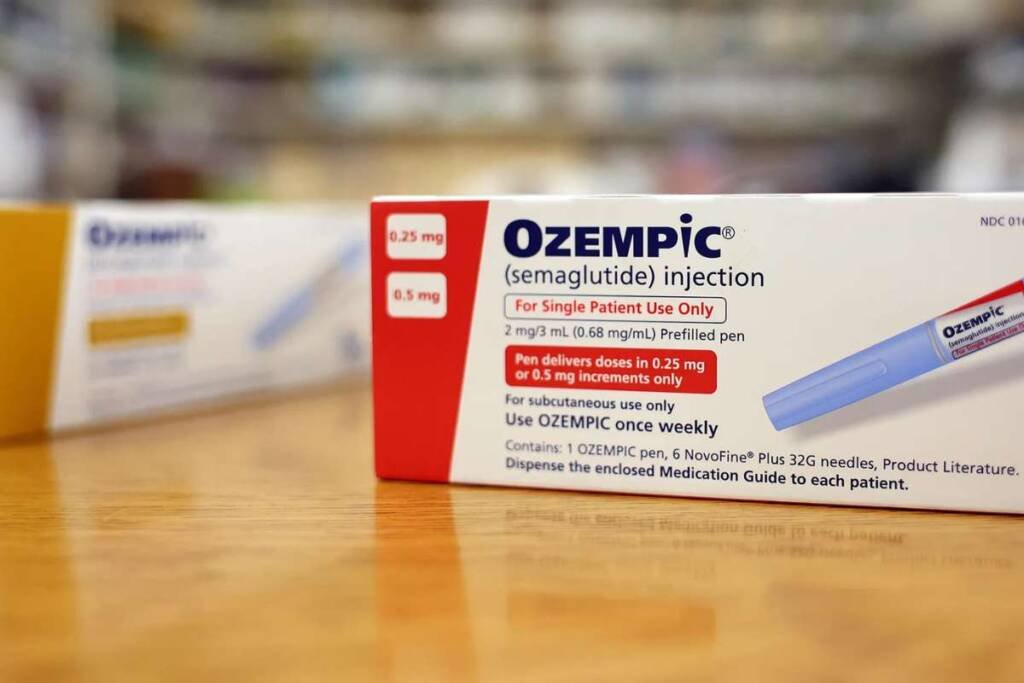As Novo Nordisk and Eli Lilly enjoy significant sales from their GLP-1 diabetes and obesity drugs, they also face legal challenges from new users of these medications.
One such case involves a Louisiana woman, Jaclyn Bjorklund, who is suing both companies. She claims that her use of Novo’s Ozempic (semaglutide) and Lily’s Mounjaro caused her to experience severe vomiting, resulting in the loss of some of her teeth. Bjorklund alleges that the companies failed to adequately warn patients about the potential for “severe gastrointestinal events’ ‘ associated with the use of these injected drugs.
According to the lawsuit, Bjorklund has suffered from intense vomiting, stomach pain, and gastrointestinal burning, and she has been hospitalized for stomach issues multiple times. While the prescribing labels for Ozempic and Mounjaro do mention that these drugs “delay gastric emptying” and carry a risk of gastrointestinal adverse reactions, the lawsuit argues that they do not include warnings about gastroparesis (stomach paralysis) and gastroenteritis (stomach inflammation), conditions that Bjorklund claims may also be linked to the medications.
Novo Nordisk responded to the lawsuit by stating that risk factors for gastroparesis include obesity, viral infections, and nervous system disorders, with women being more susceptible.
“Gastrointestinal (GI) events are well-known side effects of the GLP-1 class.” For semaglutide, the majority of GI side effects are mild to moderate in severity and of short duration.”
– Novo Nordisk
Bjorklund is seeking damages for past and future pain and suffering, as well as compensation for medical costs, attorney fees, and court expenses.
As the use of GLP-1 treatments increases, and safety concerns come under closer scrutiny, both companies are keen to remind the public that GLP-1 drugs have been on the market for 15 years for Type 2 diabetes and for eight years for obesity. They assert that patient safety remains a top priority.
Related: Weight-Loss Medications Market Projected To Reach $60 Billion In 10 Years
“Semaglutide has been extensively examined in robust clinical development programs, large real world evidence studies and has cumulatively over 9.5 million patient years of exposure.”
– Novo Nordisk.
“We actively engage in monitoring, evaluating and reporting safety information for all of our medicines.”
– Eli Lilly
Recently, in response to reports of users experiencing suicidal thoughts, the European Medicines Agency announced a review of Novo’s Ozempic and Saxenda to investigate whether there is a causal relationship between these drugs and the reported adverse events. The UK’s drug regulator has also initiated a parallel review.





























